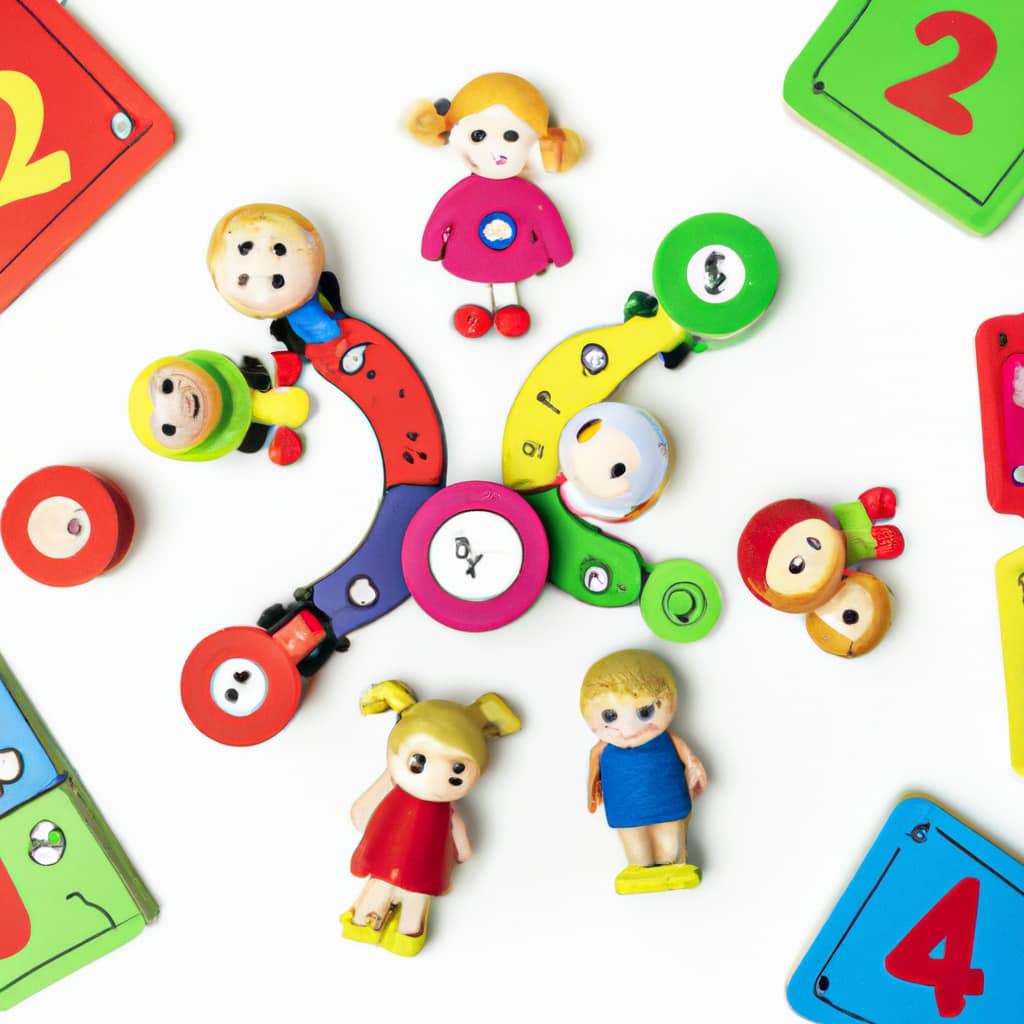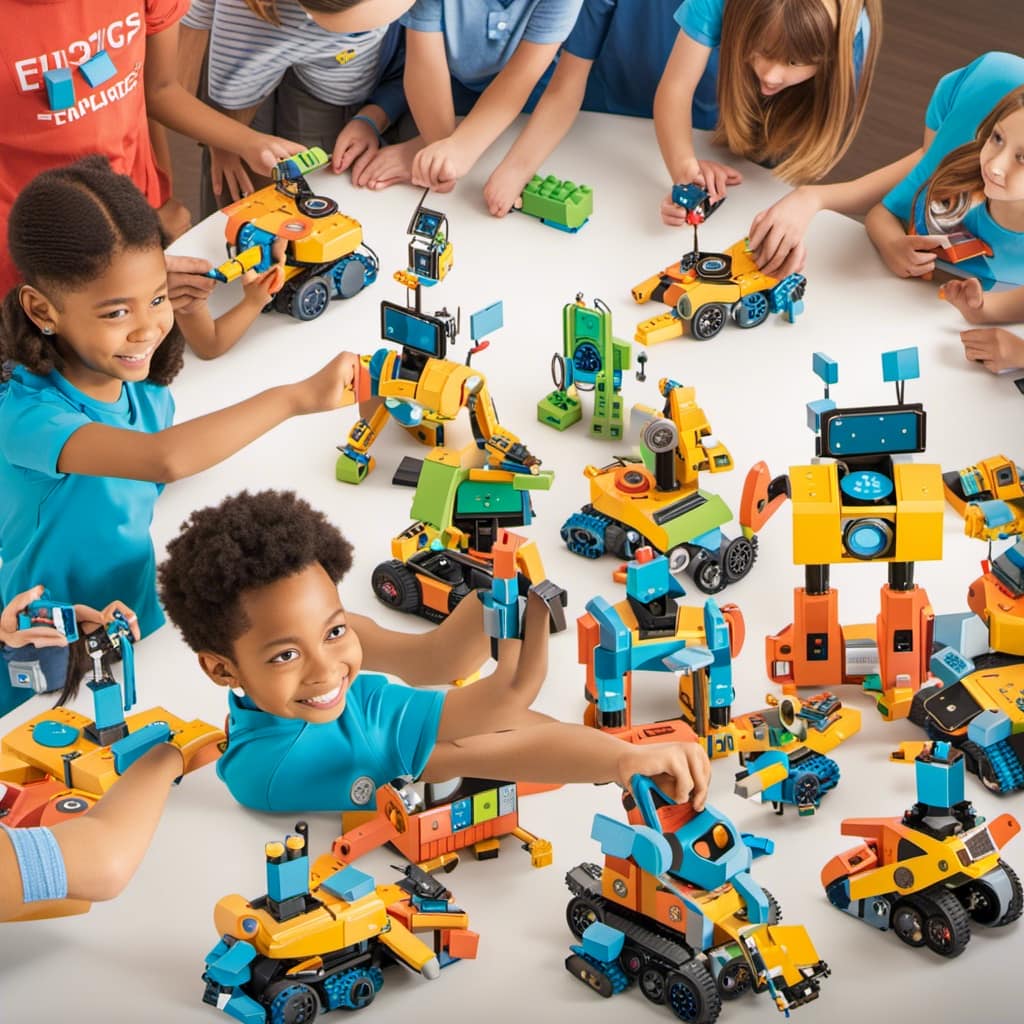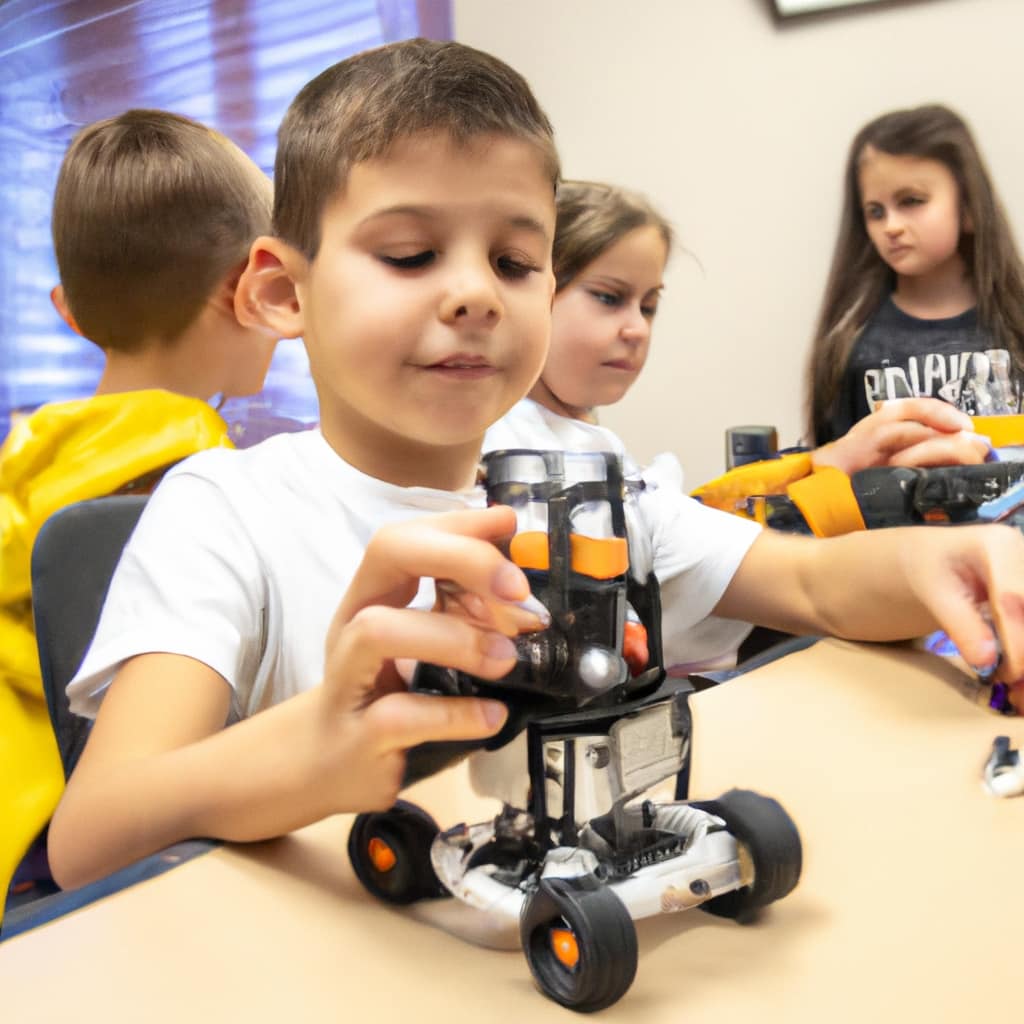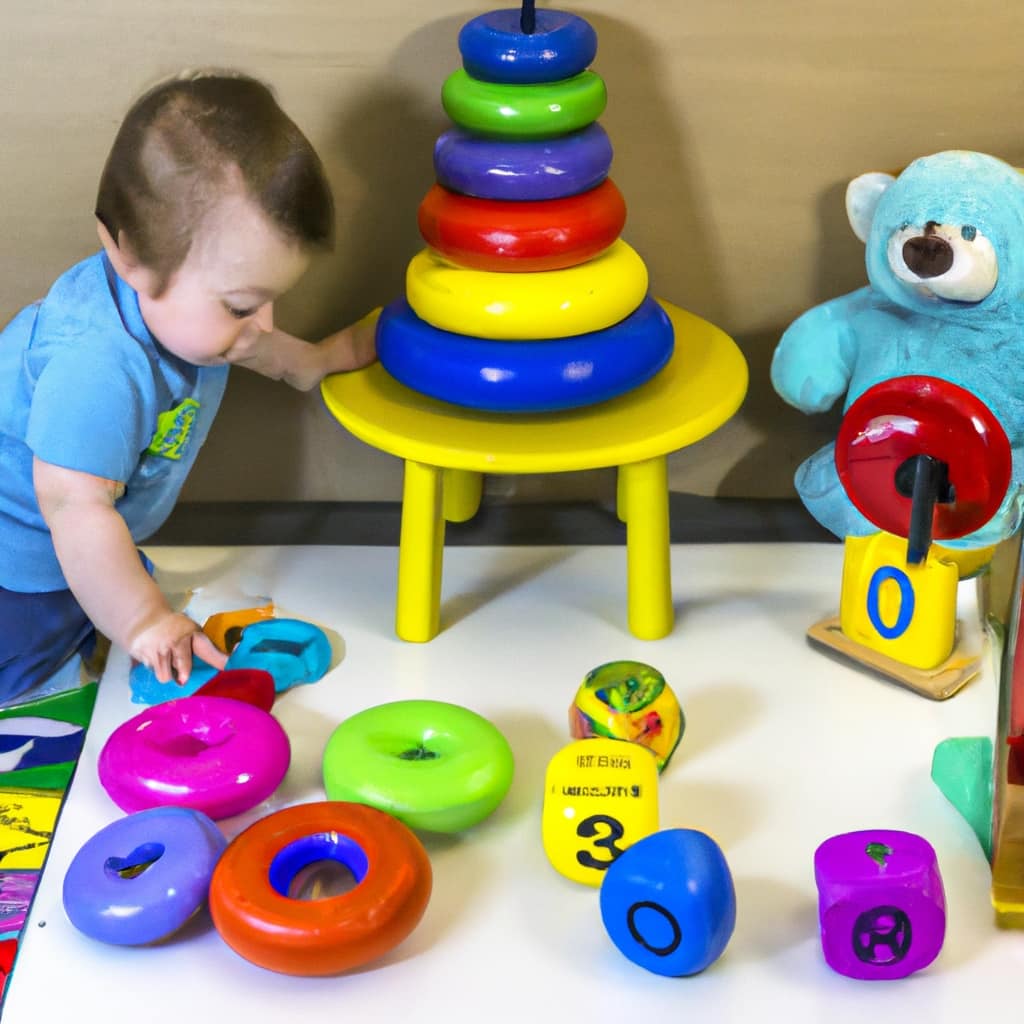As a parent, I understand the importance of promoting my child’s overall well-being. This responsibility goes beyond simply addressing their basic necessities; it entails creating a secure and supportive environment that promotes their emotional, social, and intellectual growth.
That’s why I believe it’s crucial to embody essential qualities such as empathy, consistency, reliability, clear boundaries, and positive communication. By practicing these qualities, we can lay the foundation for our children’s overall well-being and help them thrive in all aspects of life.
Key Takeaways
- Empathy and emotional availability are essential for fostering healthy relationships and supporting overall growth in children.
- Consistency and predictability provide a sense of security and stability for children’s emotional and cognitive development.
- Being reliable and trustworthy creates a stable and secure environment for children, building trust and a strong parent-child relationship.
- Setting clear expectations and boundaries promotes a healthy parent-child relationship and provides children with structure and consistency for their emotional and social development.
Empathy and Emotional Availability
Being emotionally available and showing empathy towards a child creates a secure attachment, which is the foundation for their emotional development. Understanding emotions and building emotional resilience are key components of this process.
Empathy involves recognizing and understanding a child’s emotions, allowing us to respond in a way that validates their feelings. By showing empathy, we teach children that their emotions are valid and help them learn to regulate their own emotions effectively. This sets the stage for building emotional resilience, which is crucial for navigating life’s challenges.
Fostering healthy relationships with empathy and emotional availability prioritizes a child’s emotions and ensures that they feel heard and understood. It is through these interactions that children can develop the skills they need to navigate their emotional world and thrive in their overall development.
Consistency and Predictability
Having a consistent and predictable routine is crucial for creating a sense of security and stability in a child’s life. Establishing a daily routine helps children know what to expect and provides a structure that they can rely on. Building trust through consistency and predictability is key in nurturing a strong parent-child relationship.

Here are three reasons why consistency and predictability are essential for healthy child development:
-
Emotional well-being: A consistent routine helps children feel safe and secure, reducing anxiety and promoting emotional well-being.
-
Cognitive development: A predictable routine allows children to develop important life skills such as time management and organization.
-
Relationship building: Consistency and predictability in a parent’s actions and words build trust and strengthen the bond between parent and child.
Reliable and Trustworthy
I’m a reliable and trustworthy parent. I create a stable and secure environment for my child. Building trust and fostering security are essential for my child’s emotional well-being and overall development.
By being dependable and consistent, I ensure that my child feels safe and can rely on me for their needs. Trustworthiness is the cornerstone of our relationship. I’m honest, keep my promises, and maintain open lines of communication. This creates a sense of security and stability for my child, allowing them to feel confident and supported.

Building trust is a lifelong process. I’m committed to nurturing a strong parent-child bond based on reliability and trustworthiness.
Clear Expectations and Boundaries
Maintaining clear expectations and boundaries in my parenting approach helps to create structure and promote positive communication with my child. By setting limits and fostering discipline, I provide a framework for my child’s behavior and help them understand what is expected of them.
This not only promotes their overall well-being but also teaches them important life skills such as responsibility and self-control. Clear expectations and boundaries provide a sense of security and consistency for my child, allowing them to thrive and grow.
It also helps to establish a healthy parent-child relationship built on trust and understanding. By communicating these expectations in a respectful and consistent manner, I am able to guide my child towards making good choices and developing a strong sense of self-discipline.
Positive Communication and Conflict Resolution Skills
Developing effective communication and conflict resolution skills allows me to foster a positive and harmonious relationship with my child.
Teaching problem-solving skills and active listening are key components of positive communication and conflict resolution. By teaching my child problem-solving skills, I empower them to find their own solutions and promote their independence.

Active listening without interrupting or judging allows my child to feel heard and valued, which strengthens our connection.
When conflicts arise, I prioritize open and respectful communication. Collaborating with my child to find mutually beneficial solutions not only resolves the conflict but also strengthens our relationship and builds trust.
Nurturing and Responsive
Nurturing and being responsive to my child’s emotions creates a strong bond and fosters their overall well-being. Here is why parental involvement in emotional regulation is crucial:
-
Emotional validation: When I acknowledge and understand my child’s emotions, it shows them that their feelings are valid. This helps them learn to regulate their emotions effectively.
-
Secure attachment: By being emotionally available, I create a secure attachment with my child. This foundation supports their emotional development and helps them navigate relationships in the future.
-
Emotional well-being: Prioritizing my child’s emotions and being responsive to their needs promotes their emotional well-being. When they feel heard and understood, they develop a sense of trust and confidence in themselves.

Encouraging Independence
Encouraging my child’s independence fosters their self-confidence and autonomy. Promoting autonomy and fostering self-reliance are crucial aspects of healthy child development. By allowing my child to take on age-appropriate responsibilities and make decisions, I am helping them develop important life skills and a sense of self-worth. Here is a table that highlights some strategies I use to promote autonomy and foster self-reliance in my child:
| Strategies for Promoting Autonomy | Strategies for Fostering Self-Reliance | Benefits |
|---|---|---|
| Encouraging decision-making | Allowing problem-solving | Builds problem-solving skills |
| Providing age-appropriate tasks | Giving space for independent play | Develops a sense of responsibility |
| Supporting self-care routines | Encouraging self-reflection | Builds self-confidence |
| Allowing freedom of choice within limits | Providing opportunities for self-expression | Fosters creativity |
| Praising effort and perseverance | Encouraging goal-setting | Instills a sense of achievement |
Promoting Physical Health and Well-being
Maintaining a balanced diet and engaging in regular physical activity are key to promoting my child’s physical health and well-being. Here are three important aspects to consider:
-
Physical Activity: Encouraging my child to participate in regular physical activity is crucial for their overall health. It helps them develop strong muscles and bones, improves cardiovascular fitness, and enhances their coordination and motor skills. Whether it’s playing outside, joining sports teams, or simply going for walks together, incorporating physical activity into their daily routine is essential.
-
Healthy Eating: Providing my child with nutritious meals and snacks is vital for their growth and development. A diet rich in fruits, vegetables, whole grains, lean proteins, and healthy fats ensures they receive the necessary nutrients for optimal health. It also helps them maintain a healthy weight, reduces their risk of chronic diseases, and supports their immune system.
-
Role Modeling: As a parent, I have a significant influence on my child’s habits and behaviors. By being a positive role model and practicing healthy eating and regular physical activity myself, I can inspire and encourage my child to adopt these habits as well. This not only promotes their physical well-being but also instills lifelong healthy habits.
Supporting Cognitive Development
To support my child’s cognitive development, I actively engage them in stimulating activities and provide opportunities for learning and exploration. I encourage curiosity by introducing them to new experiences, such as visiting museums or participating in science experiments. I believe that by exposing them to a variety of subjects, they can develop a love for learning and expand their knowledge.

Additionally, I foster problem-solving skills by encouraging them to think critically and find solutions to challenges. I provide them with age-appropriate puzzles and games that promote problem-solving abilities. Through these activities, I aim to develop their cognitive abilities, enhance their problem-solving skills, and instill a lifelong love for learning.
Cultivating Social Skills and Relationships
My active engagement with my child in social activities and fostering their communication skills cultivates strong relationships and enhances their social development. By providing opportunities for my child to interact with others and practice their social skills, I am helping them build friendships and develop important social skills.
Here are three ways in which I support their social development:
-
Encouraging playdates and group activities: I organize playdates and encourage my child to participate in group activities where they can interact with peers. This allows them to learn important social skills such as sharing, taking turns, and cooperating.
-
Modeling positive social behavior: I serve as a role model by demonstrating good manners, active listening, and empathy. Through my actions, I teach my child how to engage in positive social interactions and build meaningful connections with others.
-
Providing opportunities for communication: I create an environment where my child feels comfortable expressing their thoughts and emotions. By actively listening and responding to their needs, I help them develop effective communication skills, which are crucial for building and maintaining friendships.

Providing a Safe and Secure Environment
Creating a safe and secure environment for my child involves establishing clear boundaries and consistent routines. By doing so, I am able to create a nurturing environment that promotes trust and security. Clear expectations and boundaries provide structure and limits, allowing my child to feel safe and understand what is expected of them. Consistency and predictability in our daily routines help my child develop important life skills and provide a sense of security. Being reliable and trustworthy builds trust and strengthens our parent-child relationship. Additionally, practicing positive communication and conflict resolution skills allows me to effectively address any issues that may arise, fostering a healthy and secure environment for my child to grow and thrive.
| Benefits of a Safe and Secure Environment | How to Create a Nurturing Environment |
|---|---|
| Promotes emotional well-being and stability | Establish clear expectations and boundaries |
| Builds trust and strengthens parent-child bond | Practice empathy and emotional availability |
| Provides a sense of structure and predictability | Maintain open lines of communication |
| Fosters healthy development and life skills | Consistency and reliability in daily routines |
| Creates a nurturing and supportive atmosphere | Foster positive communication and conflict resolution skills |
Frequently Asked Questions
How Can Parents Cultivate Empathy in Their Children?
I cultivate empathy in my children by modeling and storytelling. I encourage perspective taking and active listening skills. By doing so, I help them understand others’ emotions and experiences, fostering healthy relationships and emotional development.
What Are Some Strategies for Establishing a Reliable and Trustworthy Relationship With a Child?
Building trust and effective communication are key in establishing a reliable and trustworthy relationship with a child. By being dependable and open in our interactions, we create a strong foundation for a healthy parent-child bond.
How Do Clear Expectations and Boundaries Contribute to a Child’s Emotional and Social Development?
Clear expectations and boundaries play a crucial role in a child’s emotional and social development. They provide structure, promote safety and respect, and help children understand what is expected of them, fostering their overall growth.
What Are Some Effective Communication Techniques for Resolving Conflicts in a Healthy and Respectful Manner?
Active listening and effective conflict resolution techniques are crucial for resolving conflicts in a healthy and respectful manner. By truly hearing and understanding a child’s perspective, we can find collaborative solutions that strengthen our relationship and promote trust.
How Can Parents Encourage Independence in Their Children While Still Providing Guidance and Support?
To encourage independence in children while providing guidance and support, it is important to balance their safety with opportunities for growth. Fostering self-confidence and decision-making skills empowers them to become capable individuals.

Conclusion
In conclusion, it’s essential for parents or caregivers to possess essential qualities for healthy child development.
Empathy and emotional availability lay the foundation for a secure attachment and support a child’s emotional growth.
Consistency and predictability provide the necessary stability and security.
Being reliable and trustworthy helps children feel safe and build trust.
Setting clear expectations and boundaries fosters a healthy parent-child relationship.
Positive communication and conflict resolution skills strengthen the bond and enhance problem-solving abilities.

These qualities contribute to a child’s overall wellbeing, fostering a sense of security, stability, and positive development.










